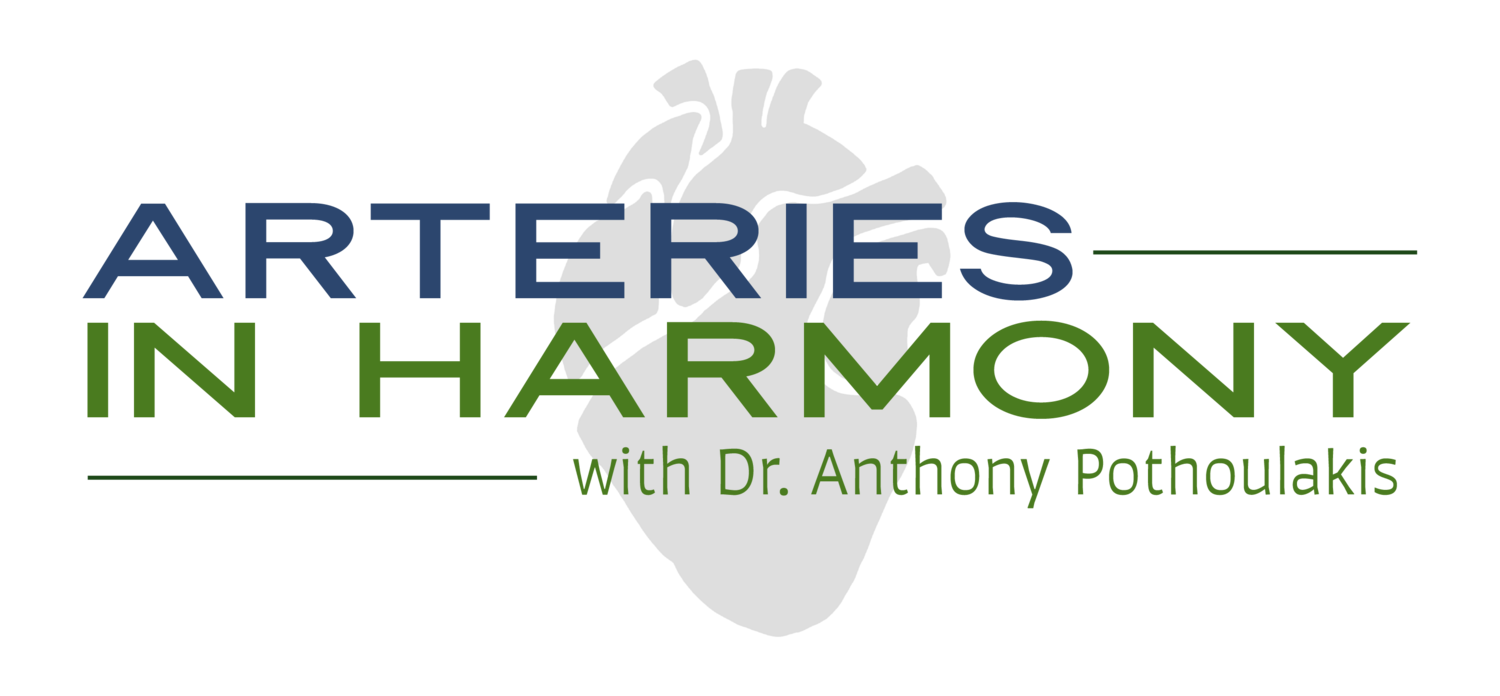My Doctor Says I Have High Blood Pressure. What Does This Mean?
So you just got home from your doctor’s appointment and he or she told you that you have high blood pressure. What does that mean exactly? Here are some of the implications:
You and your doctor need to answer the question: over a period of the next few weeks is my blood pressure, as checked at my own home environment, frequently above 140/90 mm Hg?
Why is a high blood pressure important?
If it is really high, what do I need to do about it?
For the young and the middle-aged (less than 60 years old) the best top number (systolic) is no higher than 115-120 and the bottom no higher than 75-80. However, the medically accepted thresholds for diagnosing high blood pressure (“hypertension”) are set at 140 for the top and 90 for the bottom. The reason is that a blood pressure higher than 140/90 (“140 over 90”) has been consistently linked to severe and, frequently irreversible, health problems like:
Stroke
Heart attacks
Thick and stiff heart muscle (“hypertrophy” and “diastolic dysfunction”) and a large left atrium (one of the four heart chambers) that can, over time, lead to heart failure and atrial fibrillation
Kidney failure
Enlarged aorta and aortic aneurysm (the main highway that distributes blood from the heart to the rest of your body becomes dangerously enlarged)
A single measurement over 140/90 does not establish the diagnosis of hypertension, nor does it mean you are going to suffer from the complications we just mentioned. However, it is a warning and a strong indication that you yourself start monitor your blood pressure at home, under conditions of rest (always while seated for 3-5 minutes), for at least 10-15 times over the next couple of weeks. The best times of the day to monitor blood pressure are, for those who sleep at night and work during the daytime:
early in the morning, as soon as you wake up (after you empty your bladder)
between 6-9 in the evening
If your blood pressure readings have been consistently higher than 140 over 90 over a number of weeks or months, then you need to:
be started on medications and
follow closely those healthy lifestyle elements that help reduce blood pressure (reduce your sodium intake by at least 50%, eat every day 5-9 portions of fresh or frozen fruits and vegetables, do not drink more than moderate amounts of alcohol, exercise at least 5 times a week for 40 minutes at a time, and, if overweight or obese, aim at losing 5% of your body weight)
Also, you may have high blood pressure if only one of the numbers (either the top or the bottom) is consistently higher than what it should be over a period of time, such as weeks or months. So what are the ranges of blood pressure that your doctor uses to measure you?
A blood pressure reading has a top number (systolic) and a bottom number (diastolic). The ranges are:
Normal: Less than 120 over 80 (120/80)
Prehypertension: 120-139 over 80-89
Stage 1 high blood pressure: 140-159 over 90-99
Stage 2 high blood pressure: 160 and above over 100 and above
High blood pressure in people over age 60: 150 and above over 90 and above
There is newer scientific evidence, however, that, individuals younger than 60 years, should aim at a blood pressure of less than 120/80 instead of the traditionally accepted 140/90.
When your blood pressure is high, it puts an extra strain on your already hard-at work arteries and heart. This is translated into extra strain on your body's major organs - your heart, your brain and your kidneys. This extra strain may increase your risk of developing additional health problems in the near or distant future - for example heart attacks, strokes, atrial fibrillation, heart failure, aortic aneurysms, dementia, and kidney disease. This end-organ damage is frequently irreversible and may necessitate invasive and risky procedures with less than guaranteed success.
The best opportunity to avoid the long-term serious and irreversible complications of high blood pressure is to implement healthy lifestyle changes and accept taking medications as soon as hypertension is diagnosed. Unfortunately, many younger individuals with high blood pressure refuse taking medications, usually for the rest of their life, while allowing this slow and indolent killer to damage their arteries and key organs beyond repair. If they could only see the constant torture their arteries go through when their blood pressure is high, they would surely change their mind!
As it stands now, the exact cause of high blood pressure is not known, but there are several factors and conditions that may play a role in its development such as:
Smoking
Being overweight or obese
Lack of physical activity
Too much salt in the diet
Too much alcohol consumption (more than 1 to 2 drinks per day)
Stress
Older age
Genetics
Family history of high blood pressure
Chronic kidney disease
Adrenal and thyroid disorders
Sleep apnea
As you can see, the good news is that these problems do not develop overnight. Instead, these issues are the result of damage that has been occurring over a long period of time. That is usually due to the high blood pressure being left untreated over a very long period of time. Therefore, the sooner you can lower your blood pressure and the longer you can keep it under control, the better. The obvious benefit is that you will be putting less strain on your arteries and major organs as well as lowering your risk of developing any of the health problems that we described above.
